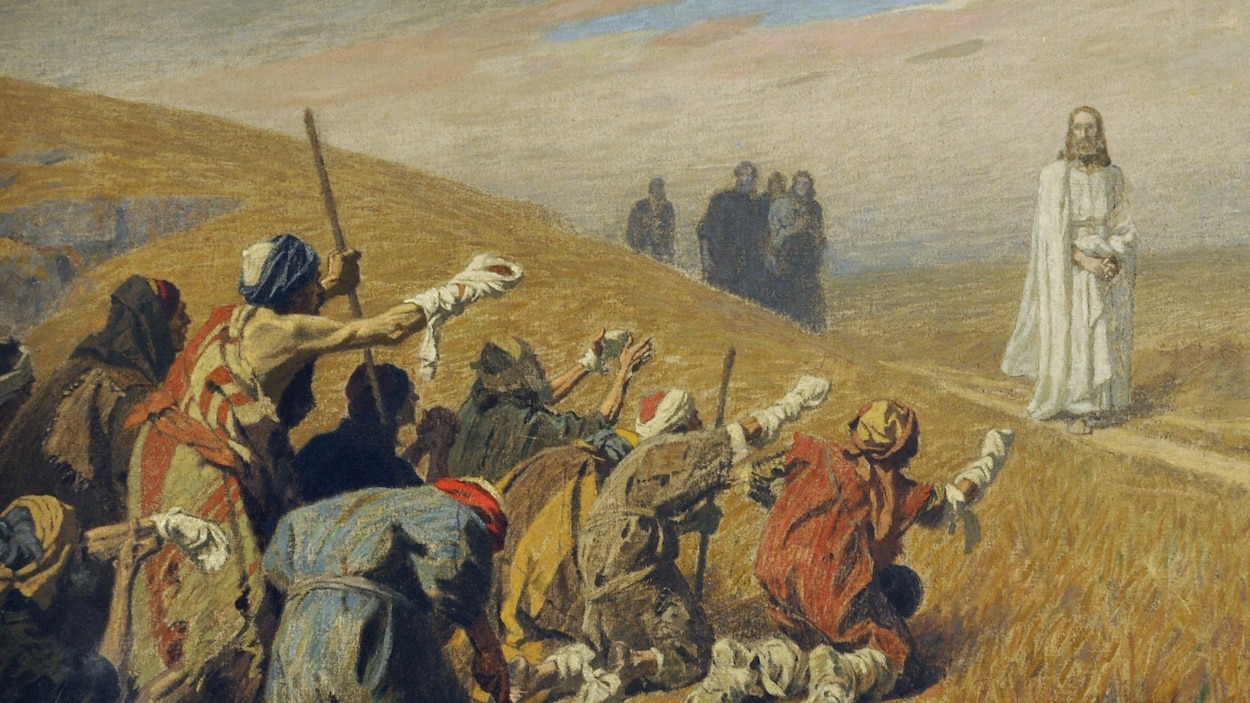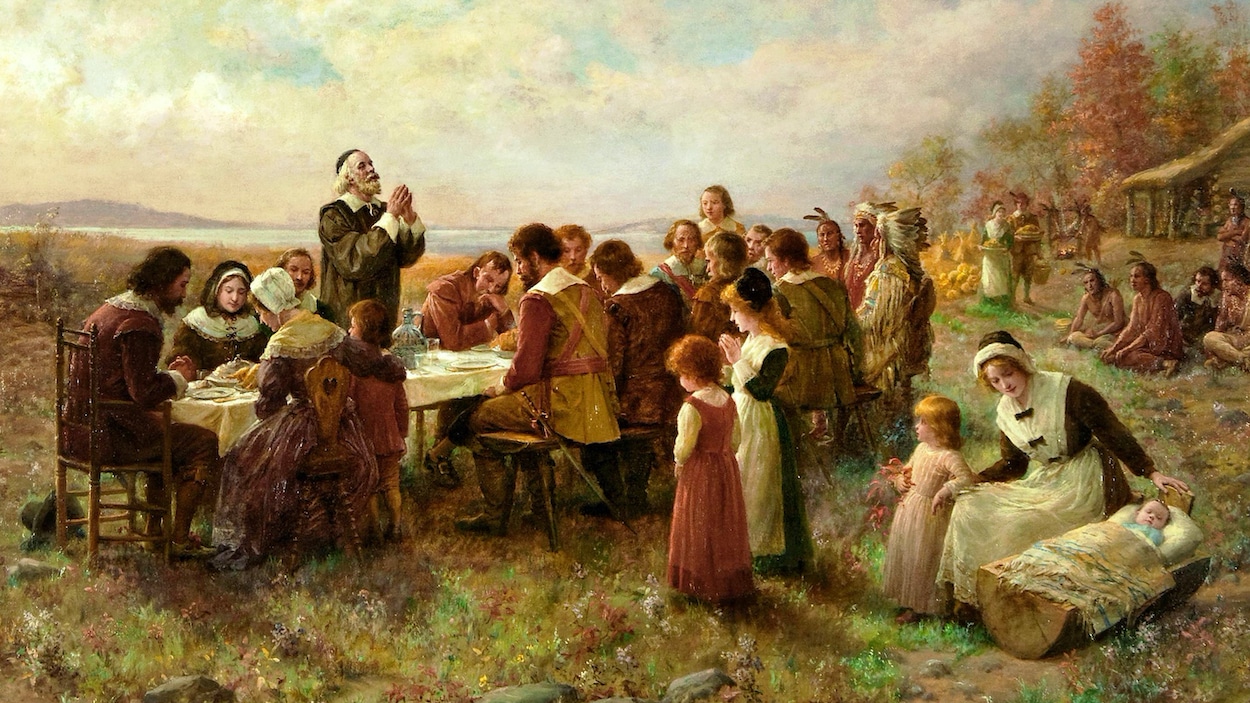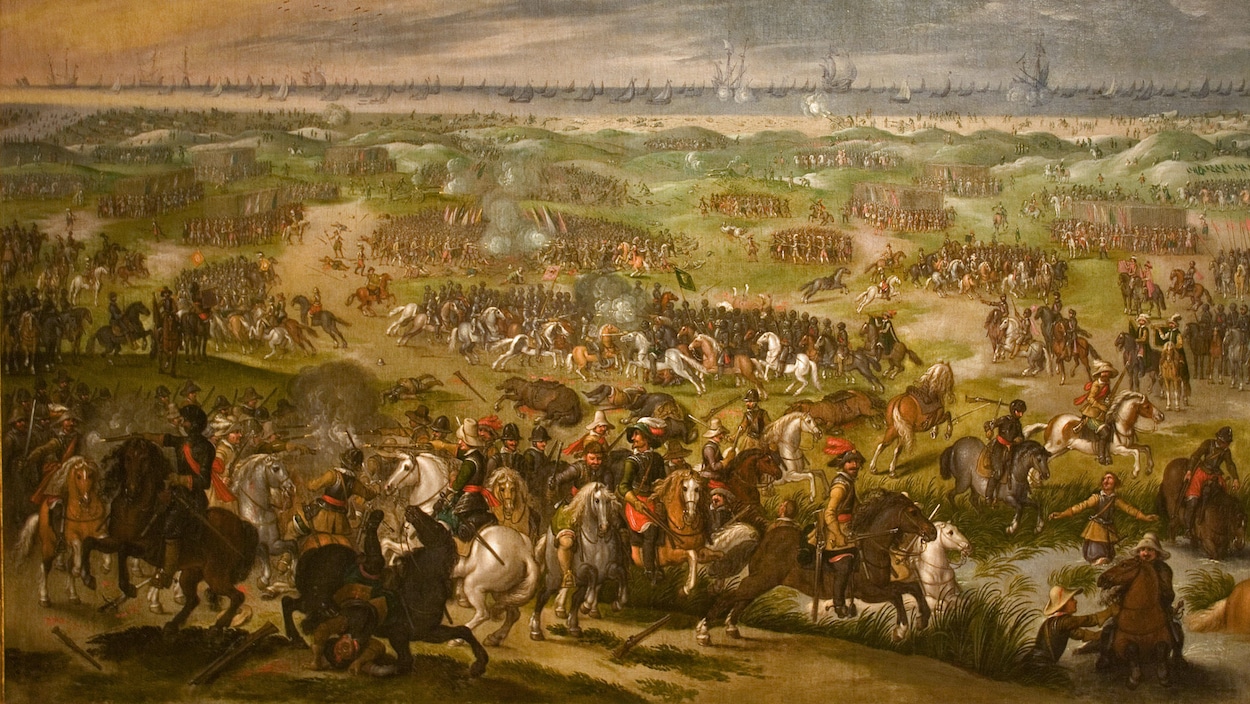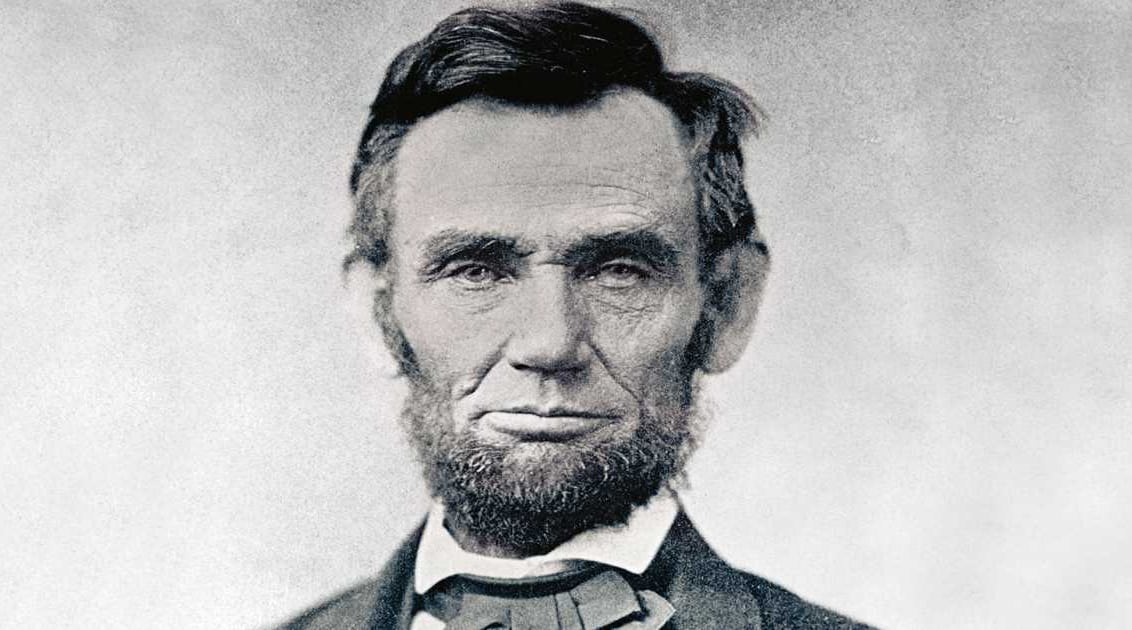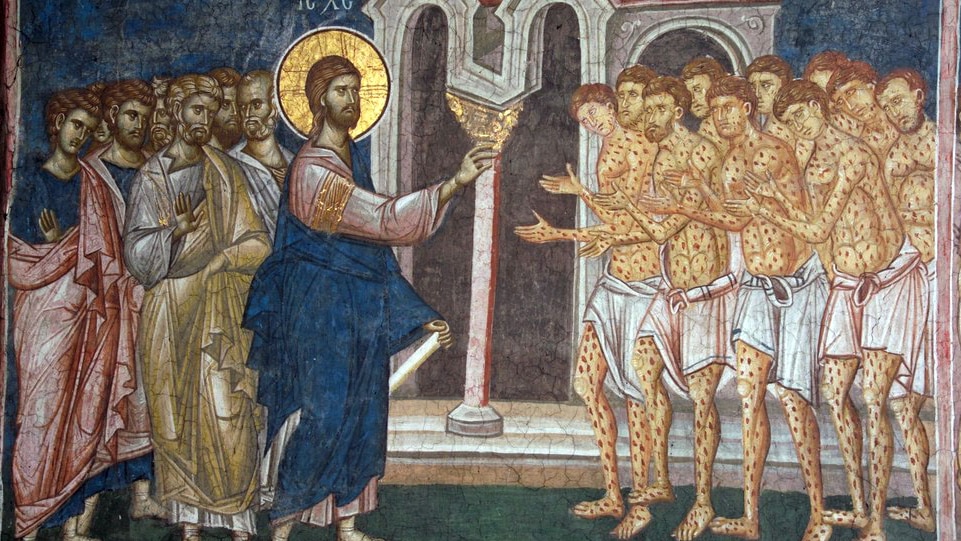At least a couple of times a year we find this miracle (Luke 17:11-19) with which we are so familiar. We know that it is about the need for showing gratitude for what Jesus does in our life and about His desire to be thanked by us.
However, if we remember that the original setting for just about any passage of the Gospel is Eucharistic, we might discover a new way of looking at this miracle and benefit from it when, in the past, we might have turned to the next page a bit too quickly. We soon discover a story that fits well any corner of the world, any situation of pain, in any age.
While Jesus is on his way to Jerusalem, i.e., he is nearing his paschal mystery of passion, death and resurrection, there is a makeshift, improvised community of broken people united by their misery more than by anything else. Leprosy has brought them together beyond the instinctive barrier separating Jews from Samaritans. The members of this community of outcasts agree, of one accord, that they must seek Someone outside their group who will have pity on them.
Clearly, their only hope for a change has to be sought without. It rests with Jesus, the Master. This is the very same intuition that led Naaman (2 Kings 5:14-17) to seek a cure of his leprosy outside of Syria, from the God of Israel.
This ought then to be our attitude, too, as we walk into our church for the breaking of the Bread.
We ought to come here with the deep-seated conviction both of our helpless, stagnant core of sin and of hope for stirring up God’s compassion. In our modern-day Eucharistic Celebration, we start our liturgy with a candid, humble admission of sinfulness, of helplessness. We accompany that with a faith-based expectation of thorough, all-encompassing healing.
From one Sunday to the next, we might not know exactly what part of us needs immediate, intense attention, but we are certain that Jesus knows, and we count on his mercy for a miracle that perhaps remains vague for lack of details.
Now, in here, just as back then, his Word is so powerful that we do not need anything else to fill our hearts with hope and unexpected joy. Thus, we too are on our way to Jerusalem.
However, what is Jerusalem without Jesus? What is Jerusalem before our Lord and Master climbs mount Calvary and rises from the dead?
We might be puzzled by Jesus’ reaction to the fact that the nine former lepers did exactly what he had told them to do: they went to show themselves to the priests.
So, how should we interpret His reply? “Ten were cleansed, were they not? Where are the other nine? Has none but this foreigner returned to give thanks to God?”
Why this slight reproach? It is a reproach about our occasional failure to realize that our Eucharists, our giving thanks to God, place us, every single time, without fail, into a new order, the order of the Kingdom open to everyone: to Jews, to Samaritans, and to gentiles alike. Our Eucharist, our giving thanks to God makes sense only, exclusively with Jesus and, one in Jesus. And the giving thanks is for his having had pity on us.
Speaking of pity, of compassion, scholars tell us of a startling, yet comforting reality, a quite revealing nuance. Pity, compassion, is exclusively a feminine attribute because it is a cognate of the noun WOMB.
Thus, our community gathers around the tables of the Word and of the Bread to give thanks to God for His pity, for His compassion, for His being as gentle, as forgiving, as pity filled as the most loving mother.
Thus, our community gathers around the two Tables to give thanks for the Lord Jesus who is the physical, touchable incarnation of the Father’s mercy and compassion especially wherever and whenever our sores, our wounds are most painful.
Thus, our diverse, multiracial community gathers around the two Tables, as one Body, as one Heart, in Jesus and with Jesus, so that any fear of separation and neglect is allayed.
And, after Communion, in turn, we shall become gentler, forgiving, pity-filled towards those who call upon us to show them a little of that care and mercy that the Lord has extended to us, time and again.

